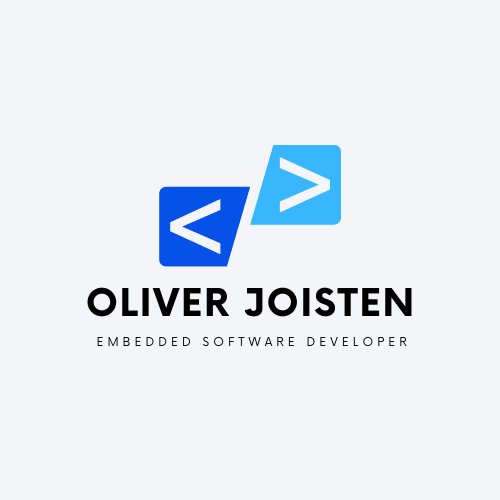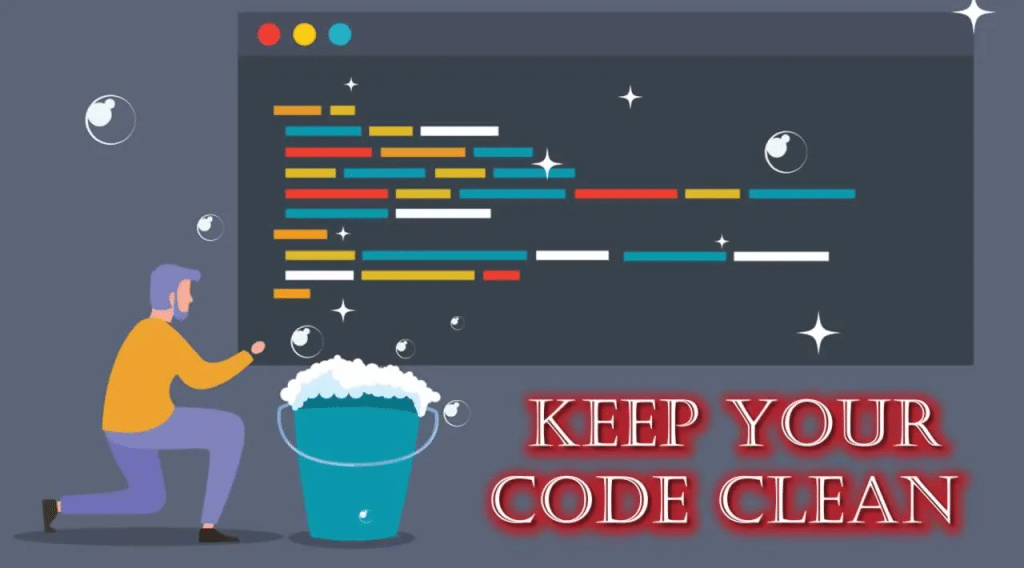Introduction
Writing clean code is a crucial aspect of software development that ensures the longevity and maintainability of a project. Clean code is characterized by clear, concise, and self-explanatory variable and function names, as well as well-organized and consistent indentation and spacing. The purpose of this blog post is to explore the importance of writing clean code and provide examples to illustrate the concepts.
The Benefits of Clean Code
One of the main benefits of clean code is its ability to improve the readability and understandability of the code. This is particularly important when working on a team, as it allows other developers to quickly understand the purpose and logic behind the code. In addition to improving readability, clean code also helps to prevent bugs and errors, as well as making it easier to test and debug. Clean code also ensures that the code is maintainable over time, making it easier to add new features and fix bugs, as well as to make performance improvements and update libraries and dependencies.
Examples of Clean Code
Let’s consider the following example in C:
#include <stdio.h>
int main()
{
int x, y, z;
scanf("%d%d", &x, &y);
z = x + y;
printf("%d", z);
return 0;
}
While this code may work as expected, it is not considered clean code. The variable names, x, y, and z, do not provide any context for their purpose, making it difficult for others to understand the code. In addition, there is no proper indentation or whitespace, making the code appear cluttered and difficult to read.
Now, let’s consider a cleaned up version of the same code:
#include <stdio.h>
int addNumbers(int firstNum, int secondNum) {
return firstNum + secondNum;
}
int main() {
int firstNumber, secondNumber, result;
printf("Enter two numbers: ");
scanf("%d%d", &firstNumber, &secondNumber);
result = addNumbers(firstNumber, secondNumber);
printf("The result of adding the two numbers is: %d", result);
return 0;
}
In this version, the variable names are descriptive and provide context for their purpose. The function addNumbers is also named in a descriptive manner, and its purpose is clear. In addition, proper indentation and whitespace make the code easier to read and understand.
The same principles of clean code apply to C++ code as well. By following best practices for writing clean code, C and C++ developers can ensure that their projects are readable, maintainable, and of high quality.
Conclusion
In conclusion, writing clean code is essential for ensuring the longevity and maintainability of software projects. Clean code improves readability, reduces bugs and errors, makes it easier to test and debug,

